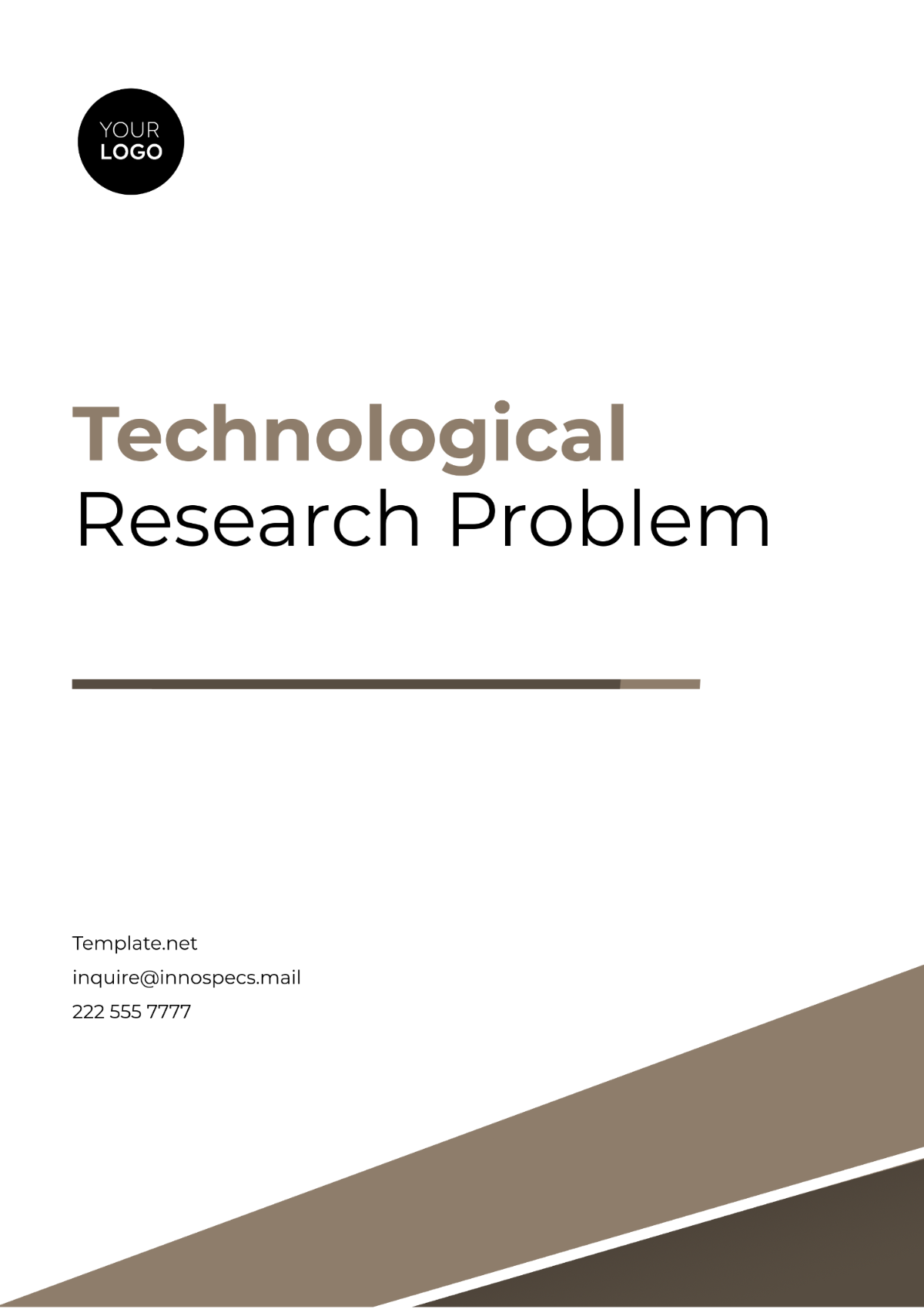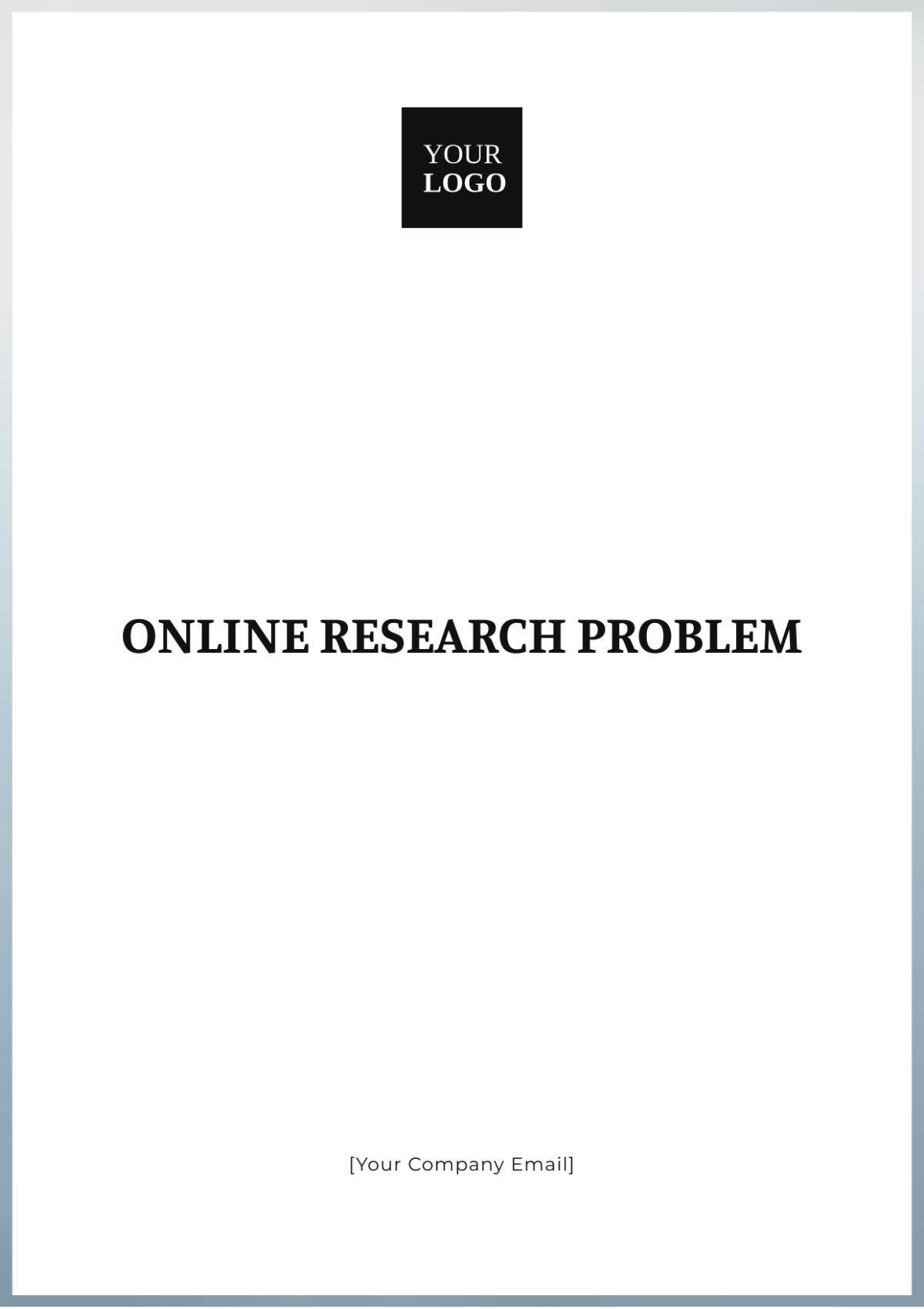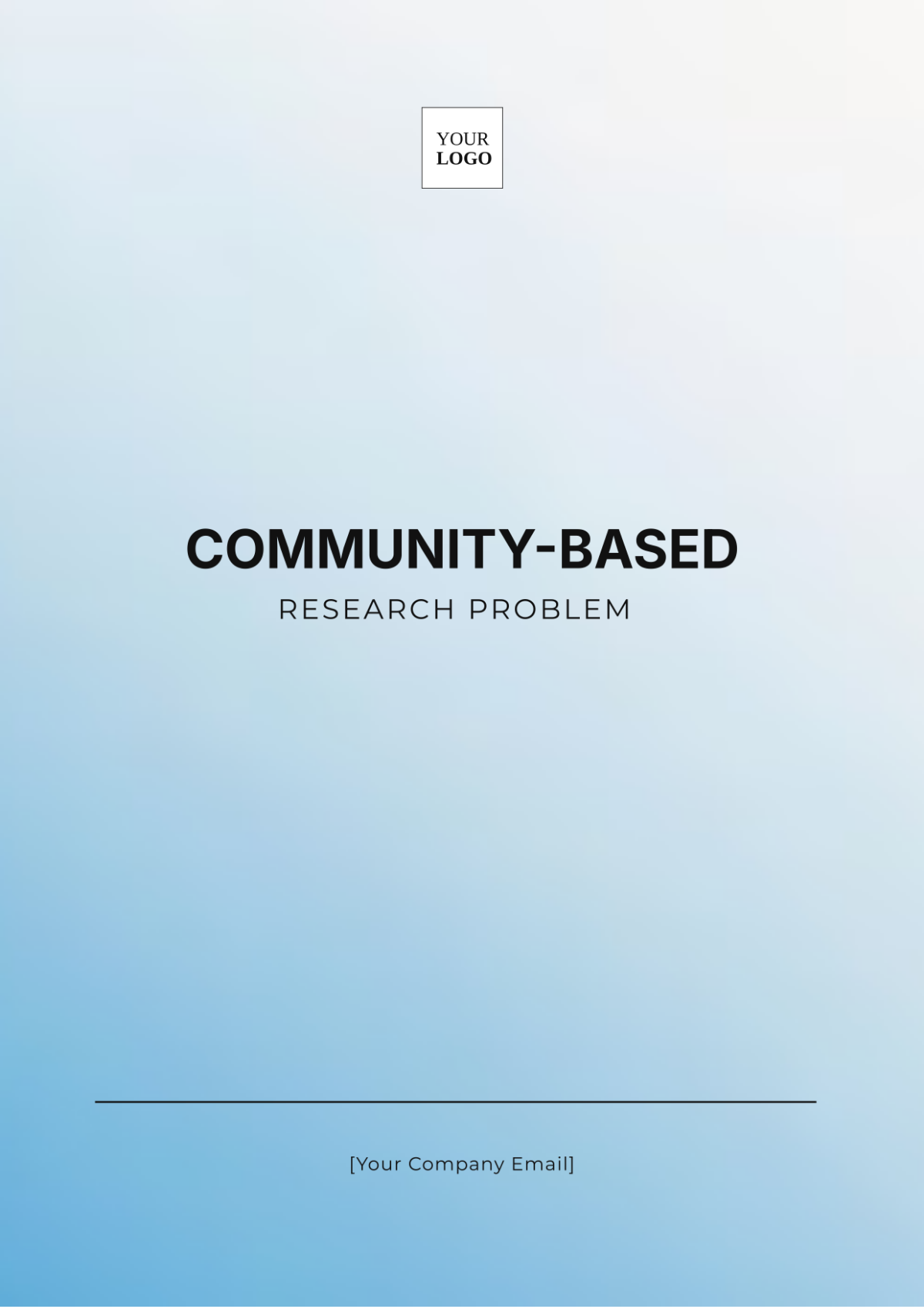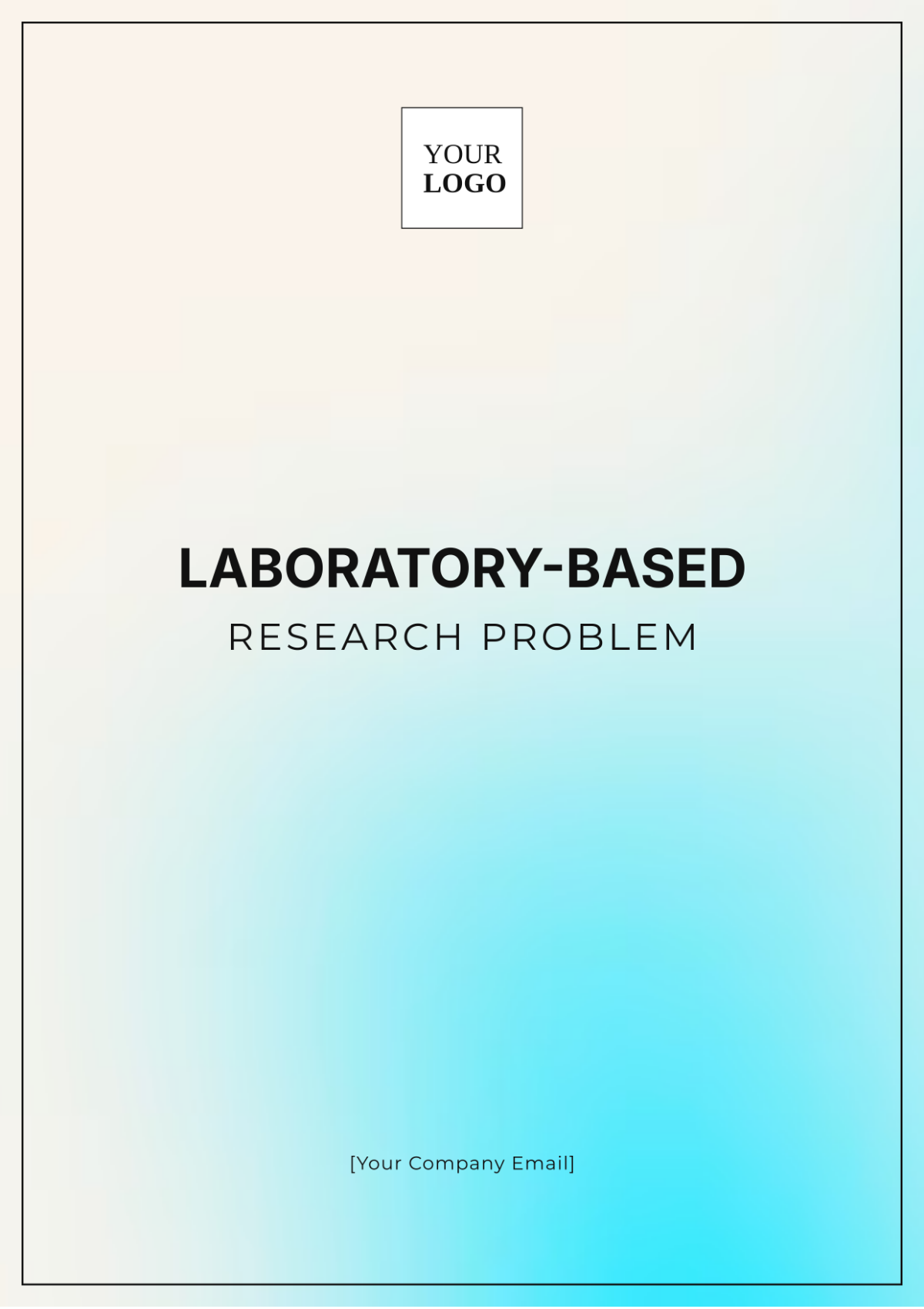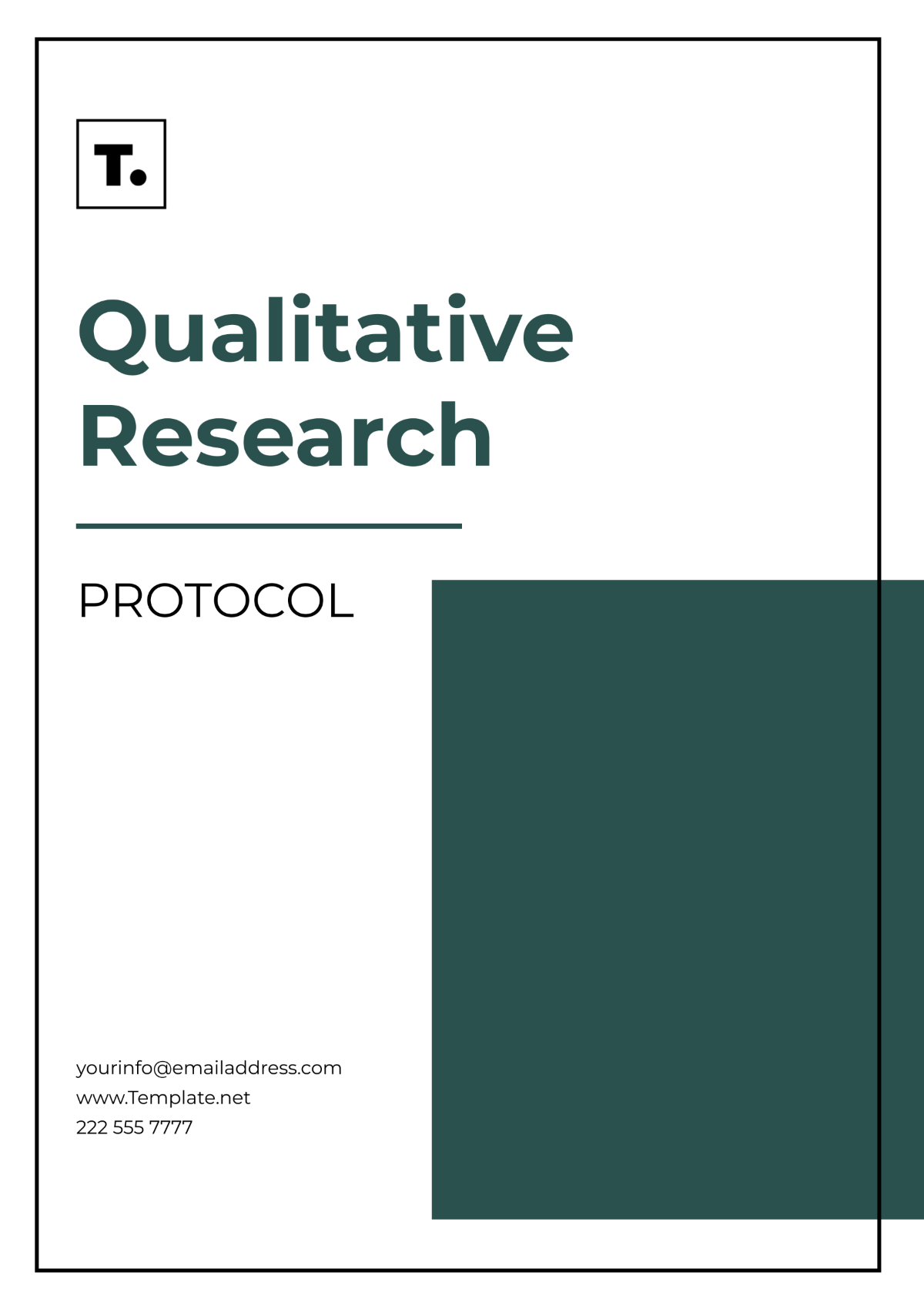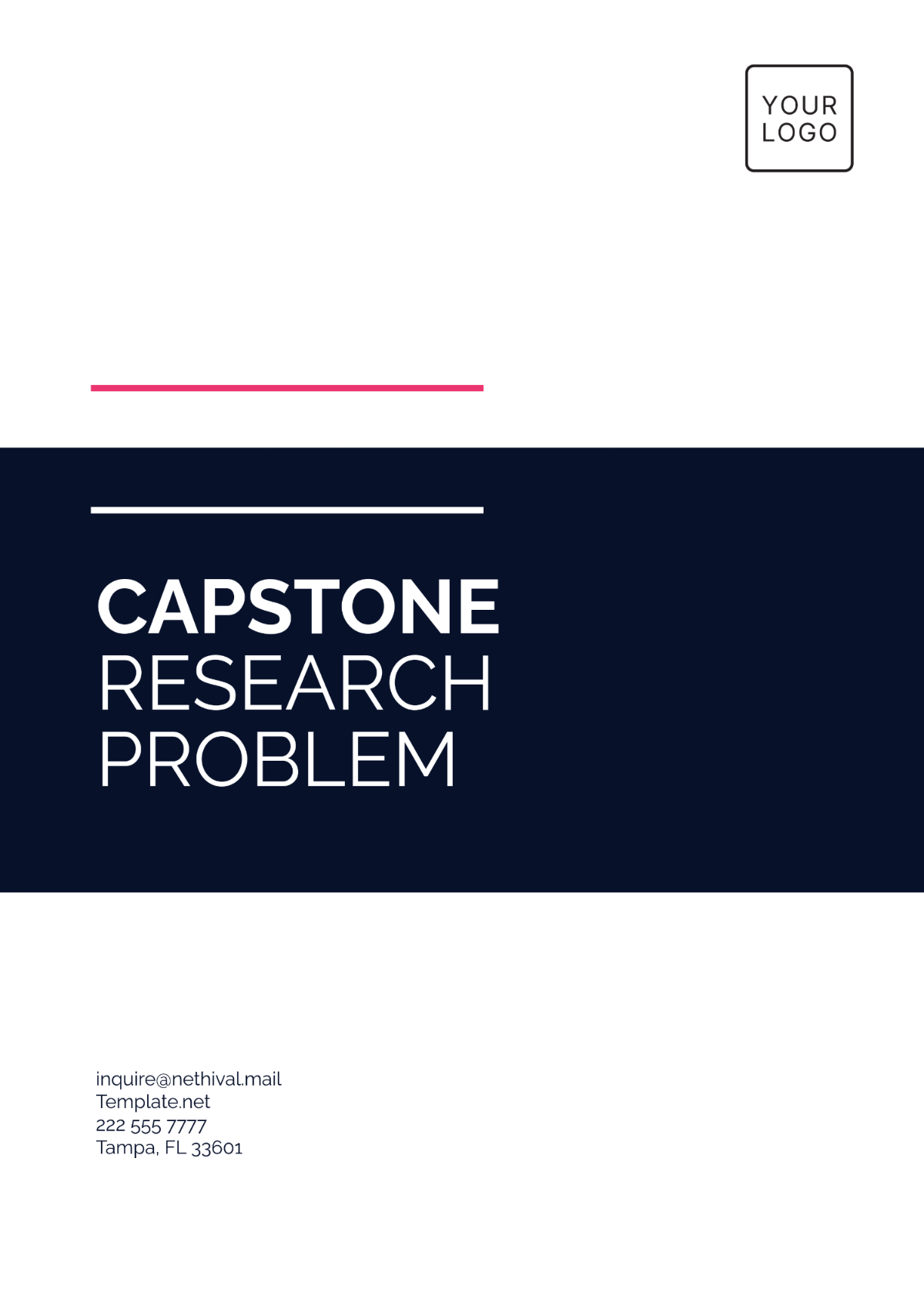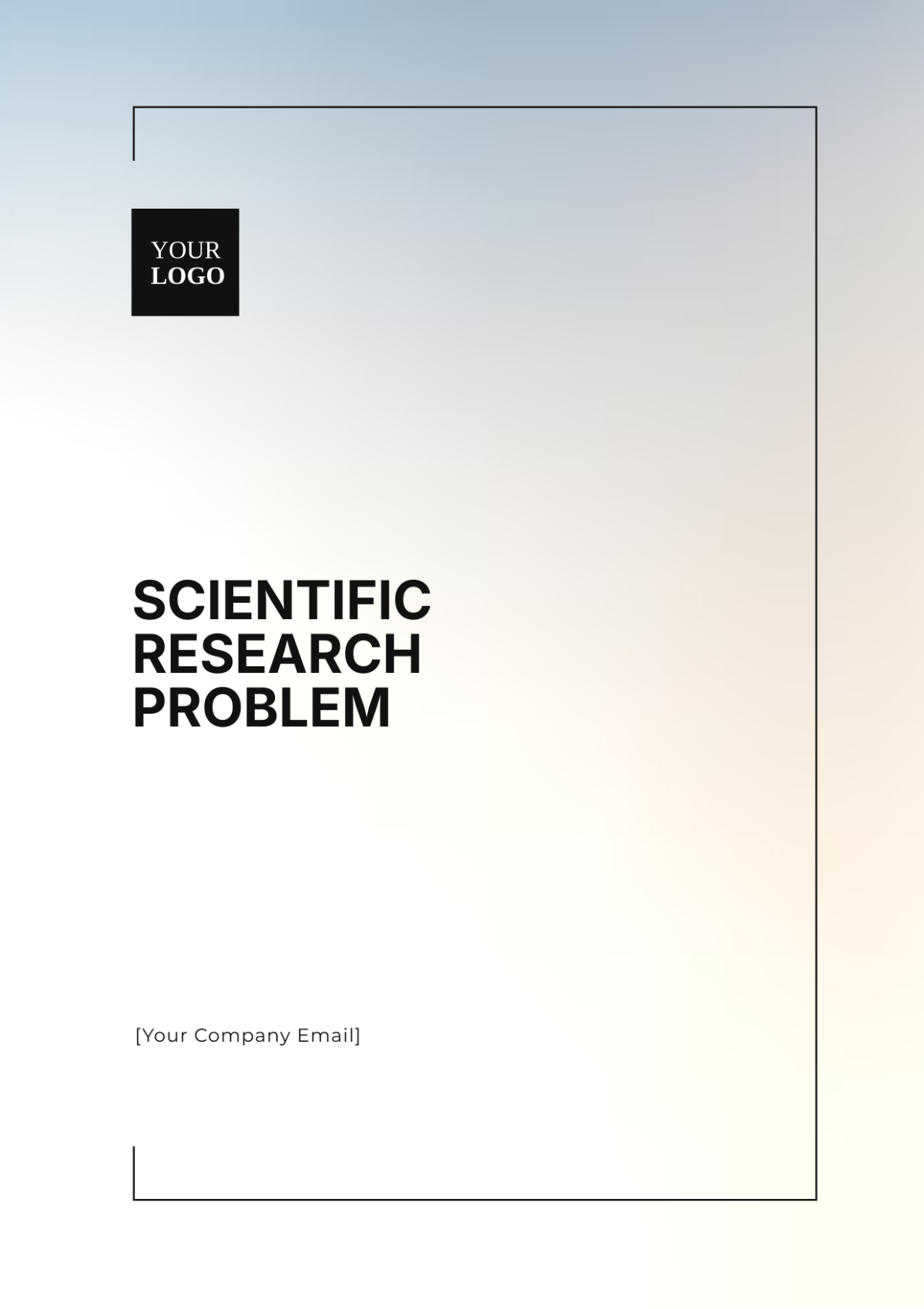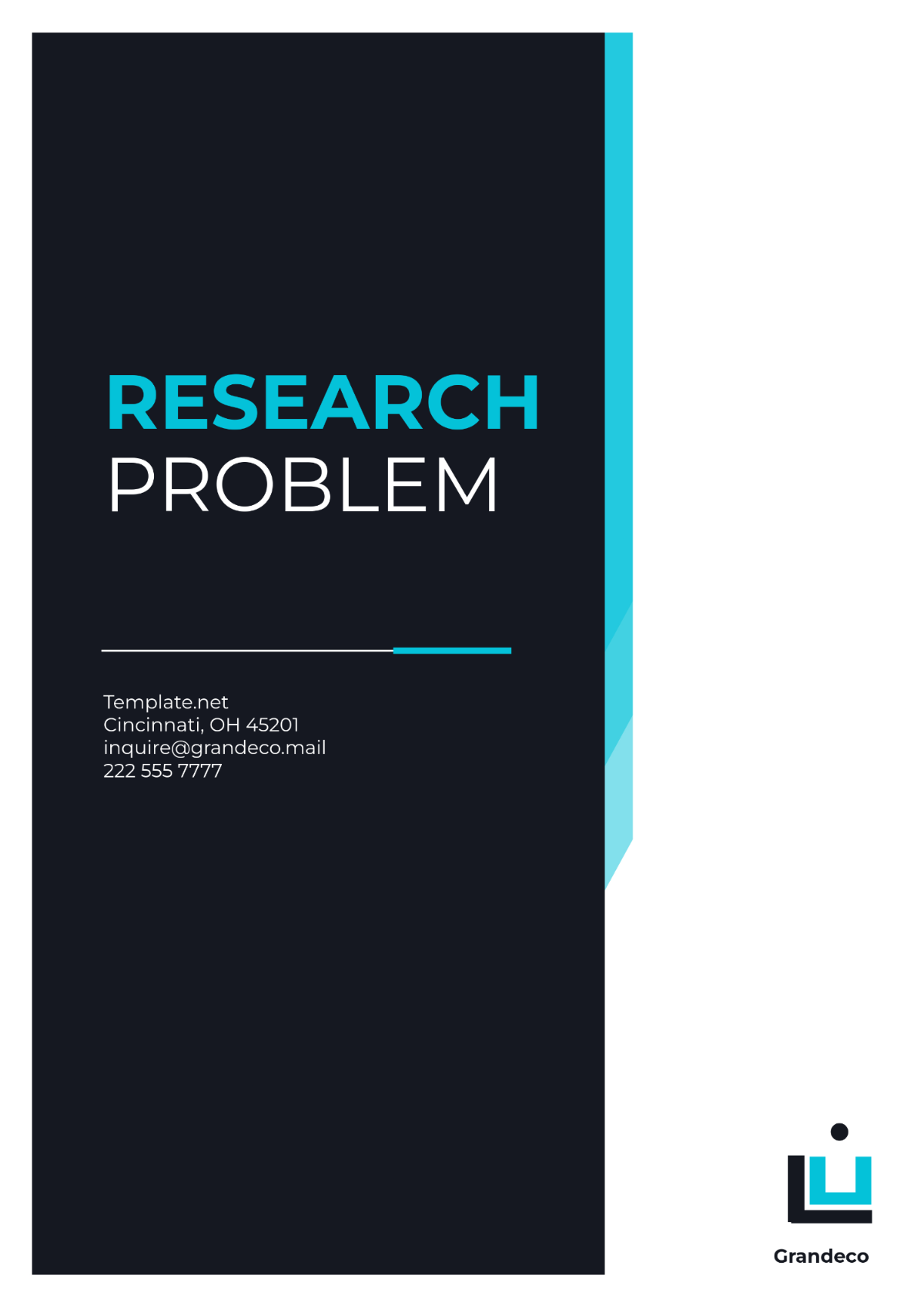Tracking Software Research Design
Introduction
In today’s digital age, tracking software plays a crucial role in various business operations, from monitoring employee productivity to collecting customer data. However, the use of such software must comply with stringent legal and regulatory requirements to ensure the protection of data privacy and security. This research aims to provide comprehensive guidelines on regulatory compliance for tracking software, highlighting key regulations, best practices, and the importance of adhering to these standards.
Key Regulations and Standards
Several laws and standards govern data privacy and security, particularly concerning tracking software. These include but are not limited to:
General Data Protection Regulation (GDPR)
Consumer Privacy Act (CPA)
Health Insurance Portability and Accountability Act (HIPAA)
Federal Information Security Management Act (FISMA)
International Organization for Standardization (ISO) standards, such as ISO/IEC 27001
General Data Protection Regulation (GDPR)
The GDPR applies to all organizations operating within the EU and those processing the data of EU residents. Key requirements include:
Obtaining explicit consent from users before collecting their data
Implementing measures to ensure data minimization and accuracy
Allowing users to access, correct, and delete their data
Notifying authorities and affected individuals of data breaches within 72 hours
Consumer Privacy Act (CPA)
The CPA grants California residents rights regarding their personal information, including:
The right to know what personal data is being collected
The right to delete personal data
The right to opt-out of the sale of personal data
The right to non-discrimination for exercising their CCPA rights
Health Insurance Portability and Accountability Act (HIPAA)
HIPAA sets standards for protecting sensitive patient information. Requirements include:
Ensuring the confidentiality, integrity, and availability of health information
Implementing administrative, physical, and technical safeguards
Conducting regular risk assessments and audits
Providing training to employees on data security practices
Best Practices for Regulatory Compliance
Organizations can adopt several best practices to ensure their tracking software complies with legal and regulatory requirements:
Conduct Regular Audits: Regularly audit systems and processes to identify and address compliance gaps.
Implement Data Encryption: Use robust encryption methods to protect data at rest and in transit.
Access Controls: Implement strict access controls to ensure that only authorized personnel can access sensitive data.
Data Anonymization: Whenever possible, anonymize data to mitigate privacy risks.
Staff Training: Conduct training programs to educate employees about data protection protocols and compliance requirements.
Importance of Adhering to Regulations
Compliance with data privacy and security regulations is essential for several reasons:
Legal Obligations: Non-compliance can result in severe legal penalties, including fines and sanctions.
Reputation Management: Maintaining compliance helps build trust with customers and stakeholders, enhancing the organization's reputation.
Data Protection: Compliance ensures the protection of sensitive data, reducing the risk of breaches and information loss.
Conclusion
Ensuring that tracking software complies with legal and regulatory requirements for data privacy and security is crucial for any organization. By understanding key regulations, adopting best practices, and recognizing the importance of compliance, businesses can safeguard their operations and protect sensitive information. Continuous monitoring and updating of compliance strategies are essential to adapt to evolving legal standards and technological advancements.
References
European Parliament. (2050). General Data Protection Regulation. Official Journal of the European Union.
California Consumer Privacy Act. (2053). State of California Department of Justice.
HIPAA. (1956). Health Insurance Portability and Accountability Act. U.S. Department of Health and Human Services.


















